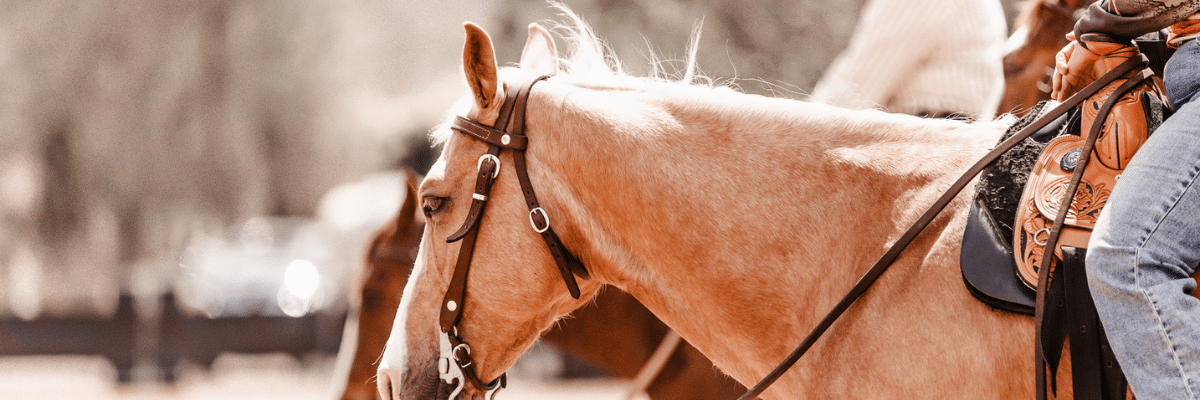
Hiring a new trainer
Here are some questions that may help
Choosing the right trainer for your horse is a big decision. The right fit can make all the difference in your horse’s progress, confidence, and overall experience. Before you commit, here are some essential questions to ask a new trainer to ensure they align with your goals and values.
1. What Is Your Training Philosophy?
Every trainer has a unique approach to working with horses. Some focus on natural horsemanship, others on performance, and some blend different methods. Understanding their philosophy will help you determine if their methods align with your own beliefs and your horse’s needs.
2. What Experience Do You Have with My Horse’s Breed and Discipline?
Different breeds and disciplines require different training techniques. If you have a stock horse, a Warmblood, or a Quater Horse, it’s important to know if the trainer has experience with your horse’s specific needs. Likewise, if you’re training for a particular discipline like reining, dressage, or eventing, make sure they have a strong background in that area.
3. What Are Your Training Goals for My Horse?
A good trainer should be able to outline a clear plan for your horse, including short-term and long-term goals. This ensures you’re both on the same page and helps set expectations for progress.
4. What Does a Typical Training Session Look Like?
Understanding what your horse will be doing in a session gives you insight into the training style. Will sessions include groundwork, under-saddle work, or exposure to different environments? How long are the sessions, and how frequently will your horse be worked?
5. What Is Your Approach to Problem Behaviors?
If your horse has specific behavioral issues, ask how the trainer handles them. Are they patient and methodical, or do they use harsher methods? This will help you decide if their approach aligns with your values.
6. Do You Offer Owner Involvement and Lessons?
Some trainers encourage owner participation, offering lessons so you can continue reinforcing the training at home. Others prefer to work independently. If you want to stay involved in your horse’s progress, make sure the trainer is open to that.
7. What Are Your Facilities Like?
Visit the training facility if possible. Look at the condition of the stables, paddocks, arena, and equipment. A well-maintained facility is a good indicator of professionalism and horse welfare.
8. What Is the Cost and What’s Included?
Clarify the cost of training and what’s included—does it cover board, feed, farrier, or veterinary care? Understanding the full financial commitment upfront will help you avoid unexpected expenses.
9. Can You Provide References from Past Clients?
Speaking with past clients can give you valuable insight into the trainer’s methods, results, and professionalism. If a trainer is hesitant to provide references, that could be a red flag.
10. What Happens If My Horse Isn’t Progressing?
Not every horse thrives in every training program. Ask the trainer how they handle situations where progress is slow or if they believe a different approach is needed.
11. What Insurance Do You Carry?
A professional trainer should have proper insurance to protect themselves, their clients, and the horses in their care. Ask what policies they carry and if there is any expectation of you to have the horse insured for example. A well-insured trainer shows responsibility and professionalism, giving you peace of mind in case of unexpected incidents.
12. How Will My Horse Be Kept?
Your horse’s living conditions can greatly impact their mental and physical well-being. Ask the trainer about:
- Paddock or Stall Arrangements – Will your horse be turned out in a paddock with others, kept alone, or stabled?
- Feeding and Daily Care – How often are horses fed? Are they checked regularly throughout the day?
- Other Animals on the Property – Does the trainer have dogs, cattle, sheep, or other livestock that are free-ranging?
Understanding these details will help ensure your horse is comfortable and in an environment that suits their needs.
Final Thoughts
Finding the right trainer takes time, but asking the right questions can help you make an informed decision. Your horse’s well-being and development should always come first, so take the time to find a trainer who shares your vision and respects your horse’s individual needs and YOURS!
